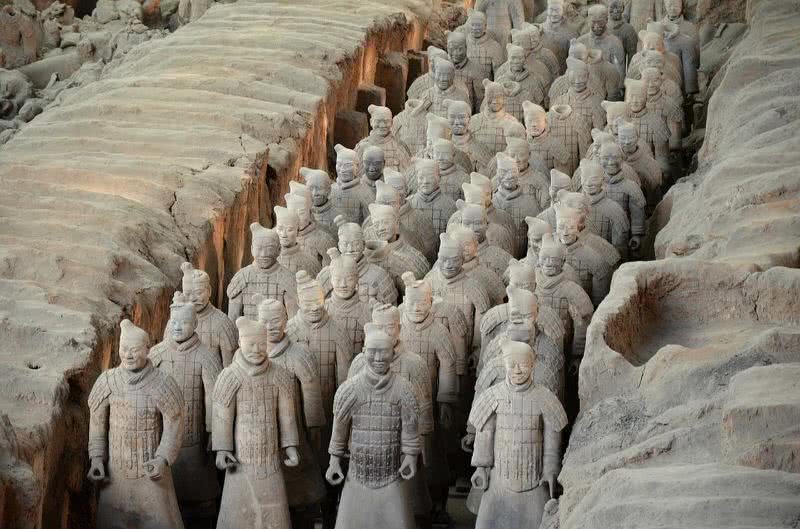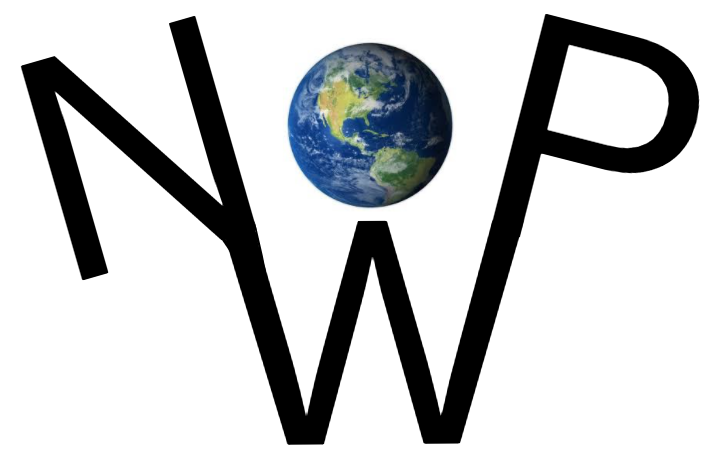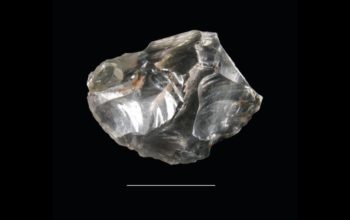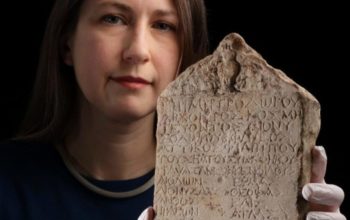Archaeology 2021 predictions in a year of COVID-19 and economic fluctuations.
Archaeologists will experiment with new ways to continue their work.
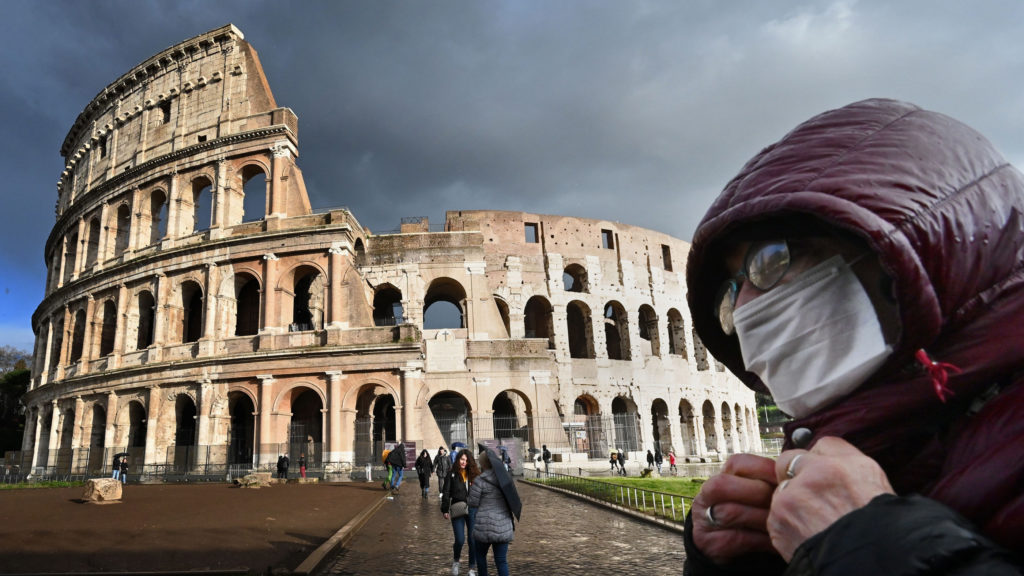
The following written content by Owen Jarus
The COVID-19 pandemic, and the economic recession it has fostered, loom large over Live Science’s archaeology predictions for 2021. While the development of vaccines is promising, it will be sometime before they can be distributed to a large proportion of the world’s population.
As such, archaeologists will likely continue to experiment with new ways of doing their work. They will likely rely more than ever on new digging and survey methods that use smaller teams of locally based archaeologists, complimented by many more researchers helping analyze finds virtually.
The days of archaeologists holding large conferences in hotels may also be coming to an end, as the pandemic has demonstrated that virtual archaeology conferences are cheaper, more popular and gives a much wider audience the chance to watch and participate. Additionally there are indications that lockdowns and economic recession have led to an uptick in looting and art thefts.
Oh, and expect more mummy-filled sealed coffins to be discovered at Saqqara.
More Saqqara mummies
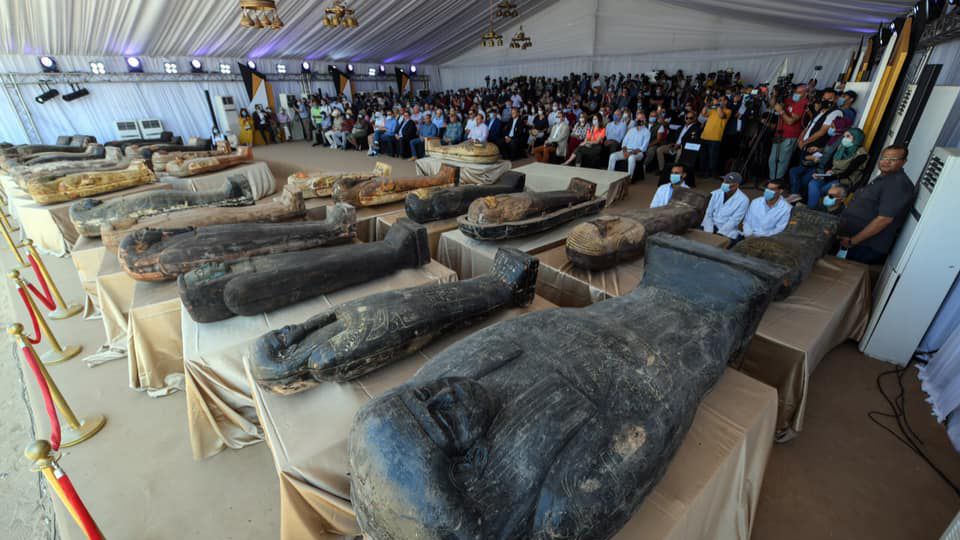
In 2020, Egyptian archaeologists excavating a series of ancient burial shafts at Saqqara discovered more than 100 sealed coffins with mummies inside. The excavations started in summer 2020, and the number of coffins with mummies continues to rise — and excavations are still ongoing.
In 2021, more mummy-filled coffins are likely to be discovered at this site, along with more statues, shabti figurines and other discoveries. Part of the reason why the burial shafts have so many sealed coffins is that they do not appear to have been robbed. Burial sites have been robbed in Egypt in both ancient and modern times, and it is remarkable that looters never found these shafts.
Partial return to excavations
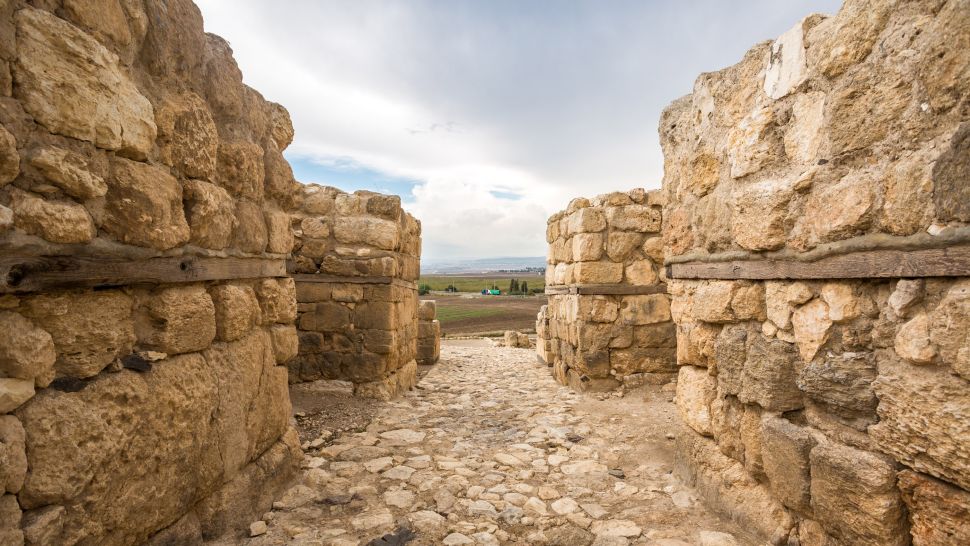
This past year, archaeological excavations were canceled or curtailed while lockdowns and travel restrictions meant that some archaeologists had difficulty accessing labs, archives and museum collections.
While the distribution of a vaccine that appears to be effective against COVID-19 will help the situation for archaeologists, it seems unlikely that things will return to pre-COVID days quickly. Even in relatively wealthy countries, like the United States, it may take some time before much of the population is immunized, and it’s not clear when countries in the Middle East and Africa will see much of their populations vaccinated. This means that some travel restrictions and rules regarding social distancing may remain in place for a time in parts of the world.
Additionally, the global economic recession has wreaked havoc on government budgets and may also affect donations to universities and research institutes. This means that even when conditions are safe for archaeologists to resume work, they may have a hard time securing the necessary funding, Read more from Live Science.

